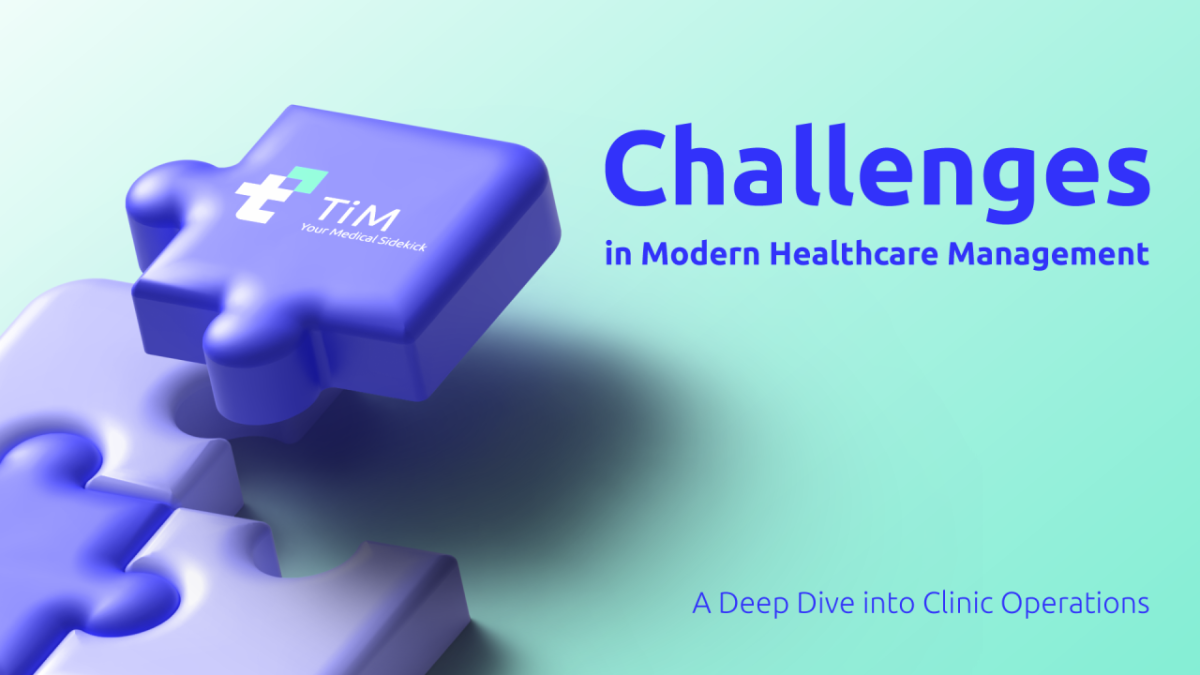
Critical Challenges in Modern Healthcare Management: A Deep Dive into Clinic Operations
Healthcare managers today face unprecedented challenges in running efficient, patient-centered operations. As medical practices become more complex and patient expectations continue to rise, traditional management approaches are showing their limitations.
1- The Communication Burden
One of the most pressing challenges in healthcare management is the communication gap between systems and staff. Clinic managers report spending up to 70% of their time dealing with complex interfaces that require extensive staff training. This issue is compounded by the use of multiple disconnected systems for different functions, leading to further inefficiencies. Additionally, significant time is lost in translating data between these disparate systems.
2- The Data Management Crisis
Healthcare facilities are drowning in data while starving for insights. Critical information remains trapped in separate systems, forcing staff to spend countless hours manually compiling reports. The reliance on handwritten data for analysis further exacerbates the issue, increasing the risk of errors from manual data entry.
3- Patient Scheduling Chaos
Inefficient scheduling systems create significant issues. Direct costs include high no-show rates (40-60%), lost revenue from empty appointment slots, wasted staff time on schedule adjustments, and overtime pay. Indirectly, poor scheduling leads to decreased patient satisfaction, lower staff morale, reduced quality of care, damage to the clinic’s reputation, and missed referral opportunities.

4- The Technology Gap
While other industries have embraced digital transformation, healthcare management often lags behind. This is due to several factors, including resistance to changing established workflows, fear of system downtime during transitions, concern about staff adaptation to new systems, budget constraints for technology investment, and worry about data migration and security.
Modern solutions including our system “TiM” are emerging that address these challenges through innovative approaches:
– Conversational interfaces that eliminate the need for complex training
– AI-powered systems that integrate seamlessly with existing infrastructure
– Intelligent automation that reduces administrative burden
– Predictive analytics for better resource planning
– Natural language processing for simplified interaction
Some forward-thinking clinics have reported dramatic improvements after implementing modern management systems. For instance, one clinic reduced administrative time by 60% and decreased no-show rates by 40% simply by adopting a modern solution.
The goal of TiM is to address the shortcomings and challenges faced by current Healthcare systems available in the market. We recognized the need for a more efficient and comprehensive ERP solution tailored to the unique requirements of healthcare providers, particularly clinics. Our system seamlessly incorporates the most advanced AI technology across various aspects, ranging from AI-powered chatbots for appointments to diagnostic virtual assistants.

